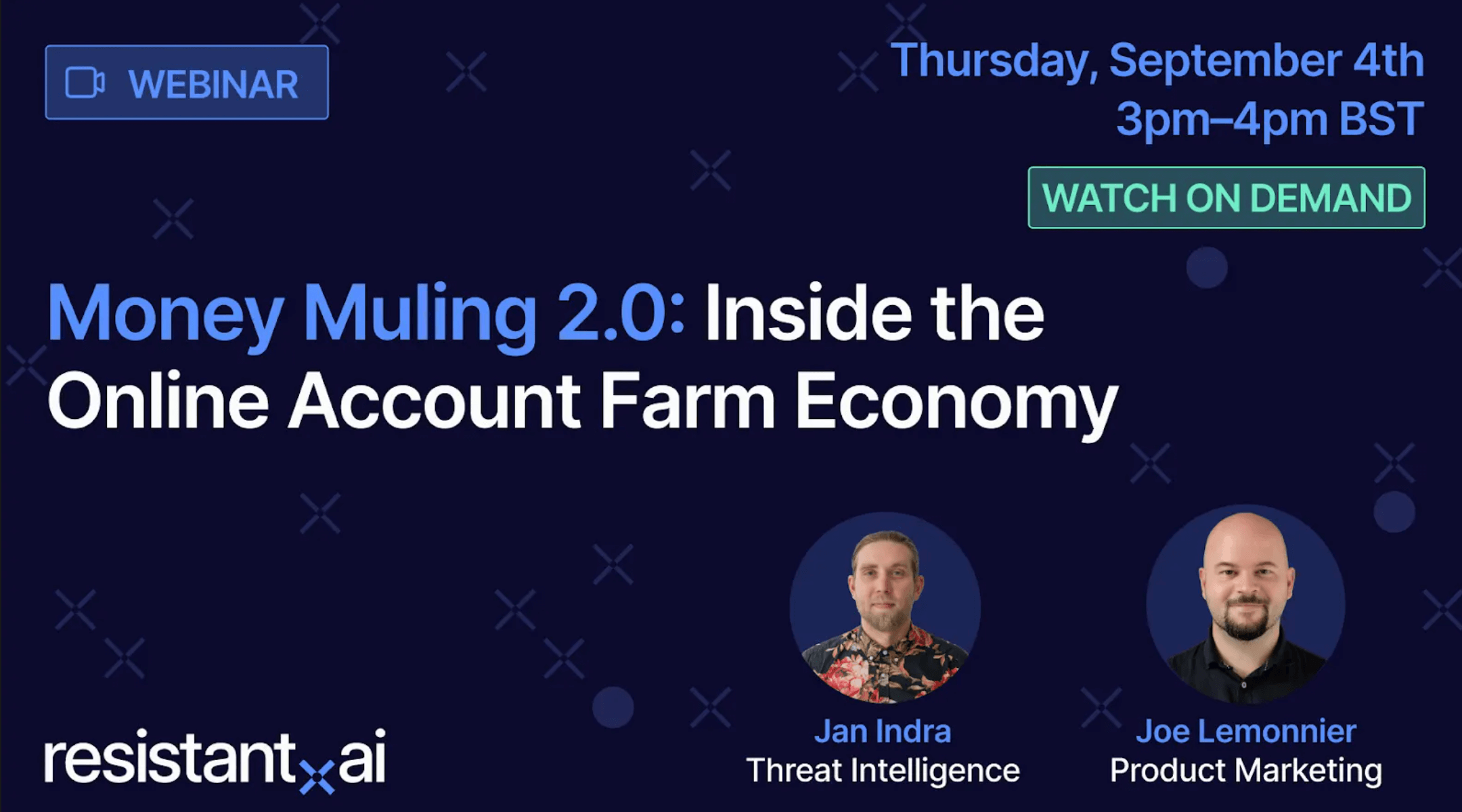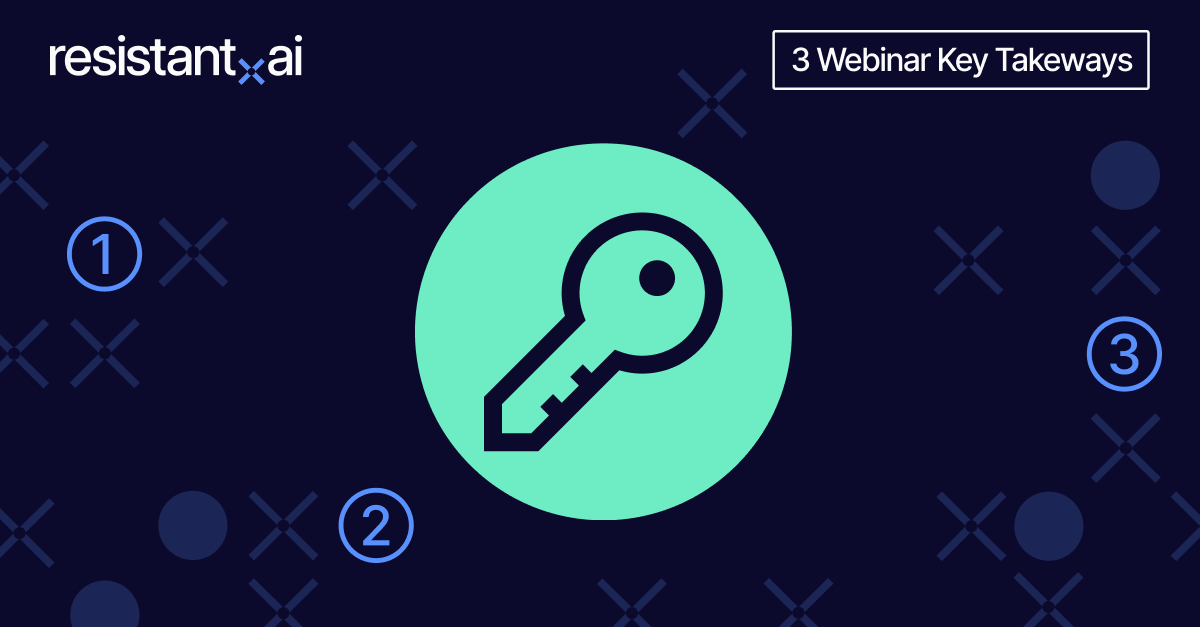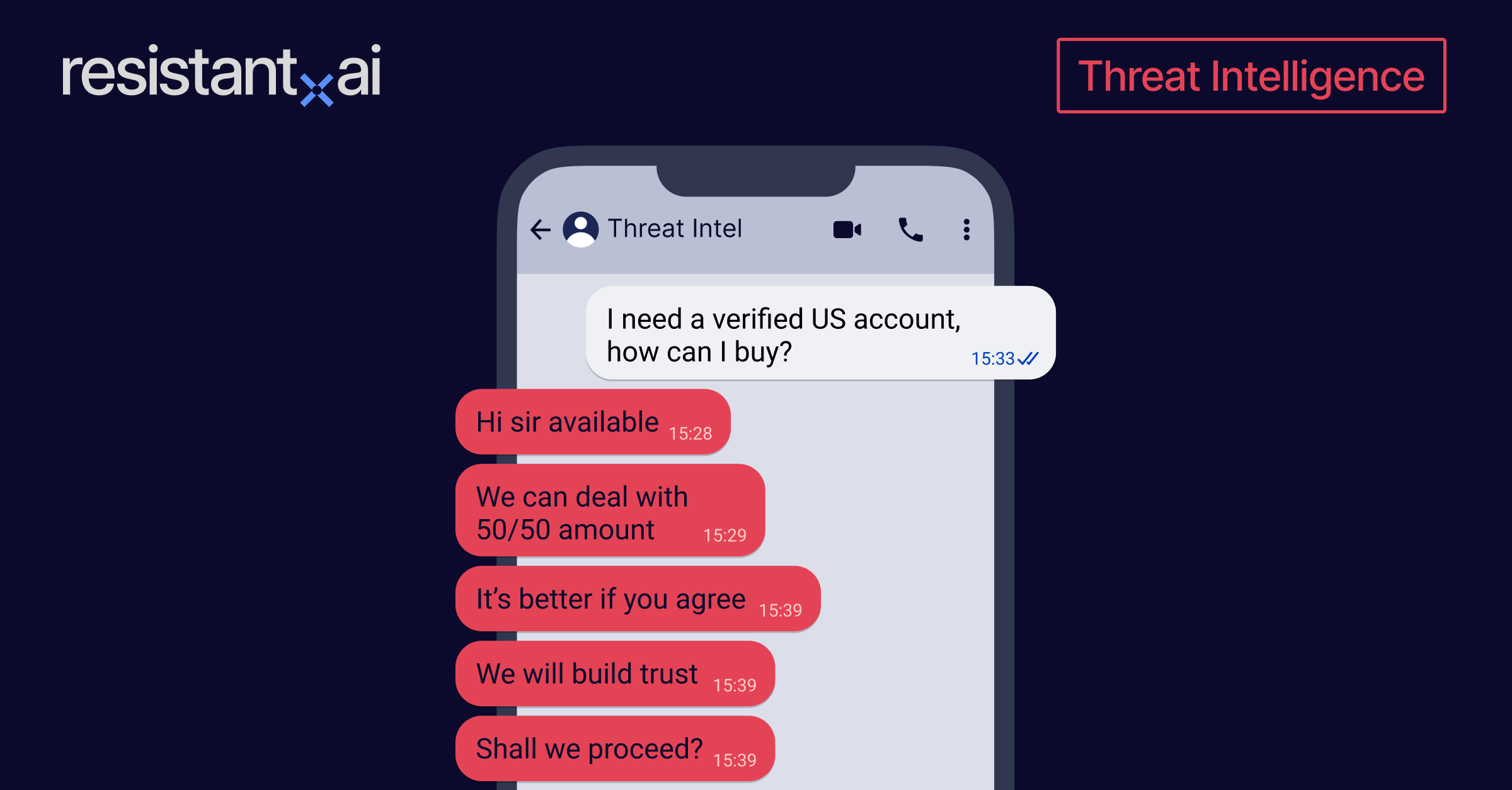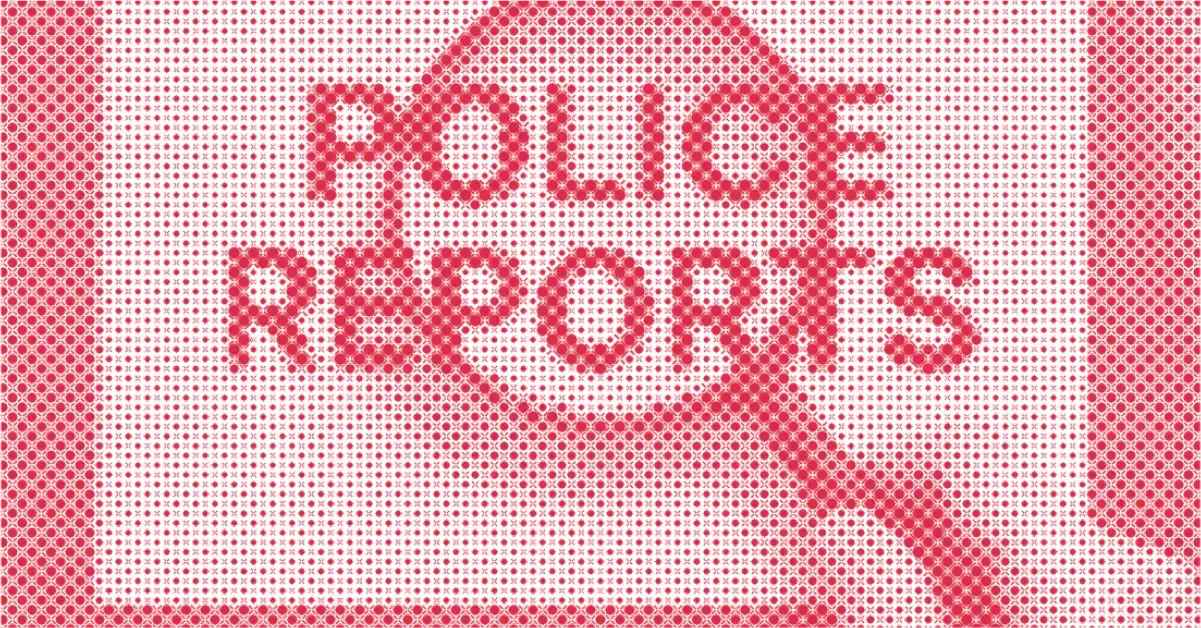Products
Use Cases
Documents
Merchant Onboarding
Verify KYB documents in under 20s
Loan Underwriting
Confidently approve more loans with fewer defaults
Tenant Screening
Check applicant documents for misrepresentation
Claims
Escalate fake claims and process real ones instantly
Marketplaces
Strengthen seller onboarding in seconds
Customers
Resources
Products

How to get started with Resistant Documents
Jump right in — get an overview of the basics and get started on building.
Watch now
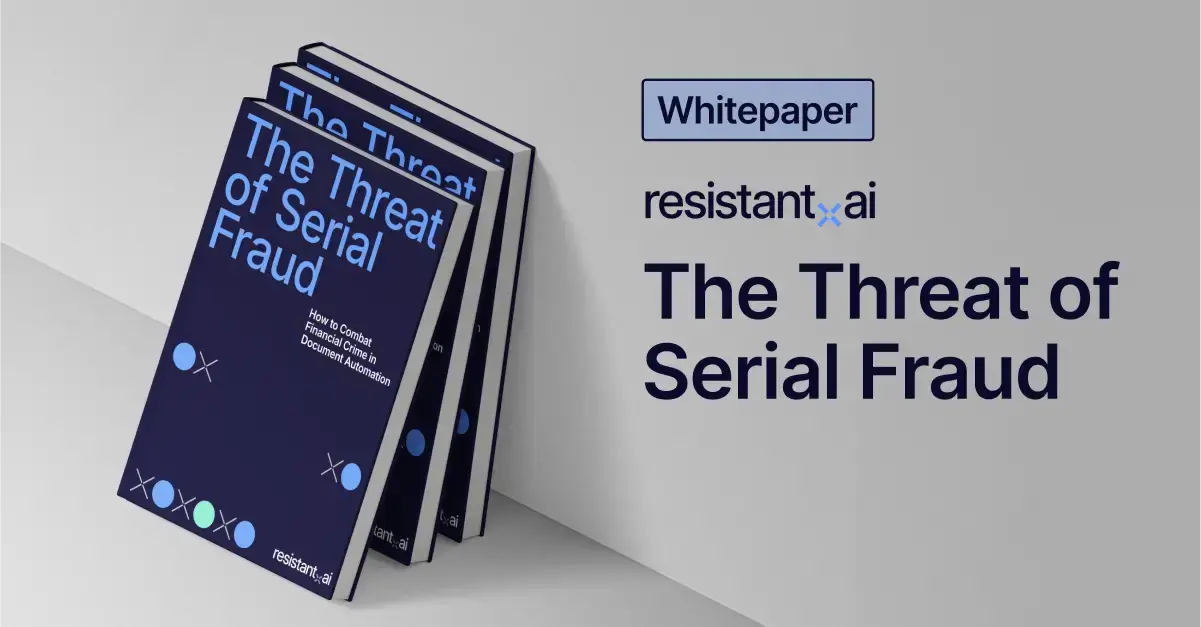
The Threat of Serial Fraud
Documents
Merchant Onboarding
Verify KYB documents in under 20s
Loan Underwriting
Confidently approve more loans with fewer defaults
Tenant Screening
Check applicant documents for misrepresentation
Claims
Escalate fake claims and process real ones instantly
Marketplaces
Strengthen seller onboarding in seconds
Transactions

Webinar


Webinar
Resources
Support

Webinar

Webinar
